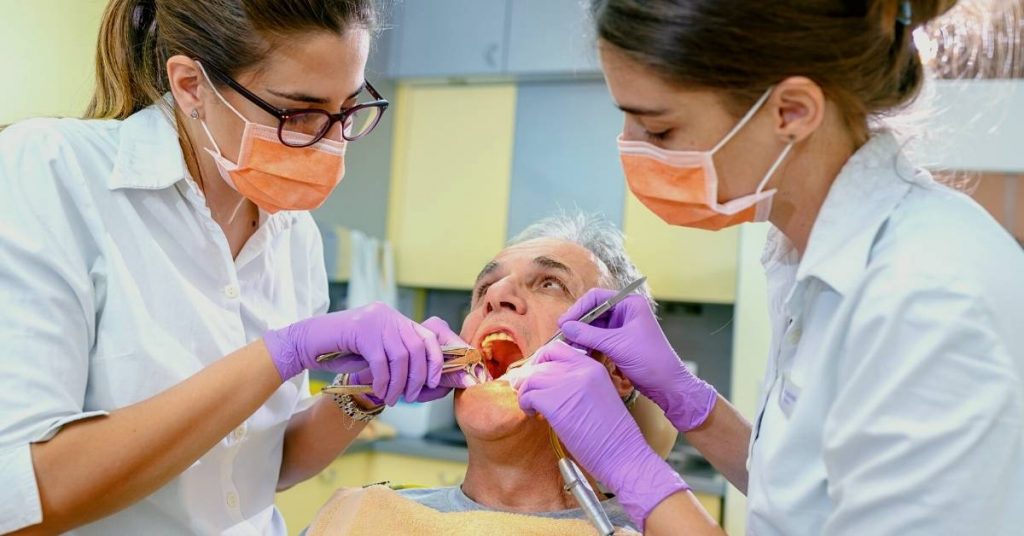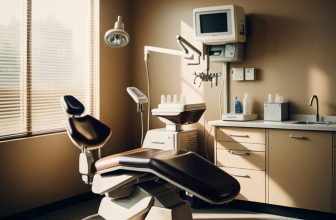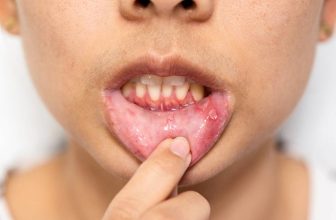Aphthous ulcers, also known as canker sores, are a common oral health problem. They appear as round, yellowish or whitish ulcers on the mouth’s lips, cheeks, tongue, and floor. They are often painful and can be single or multiple. Although they are not dangerous and do not cause a fever, they can irritate and make you uncomfortable. If your child develops aphthous ulcers, there is no need to worry – is it possible that you can get one after visiting a dentist?
Canker sores after dental treatment
Canker sores are a common problem that can occur after dental treatment. They are small, painful ulcers that can make it difficult to eat or speak. While there is no cure for canker sores, there are steps that you can take to help reduce their severity and shorten the duration of the outbreak.
If you experience canker sores after dental treatment, here are a few things that you can do to help relieve the pain and speed healing:
- Apply ice or a cold pack to the sore for 10-15 minutes daily. This will help reduce inflammation and pain.
- Take over-the-counter pain medications such as ibuprofen or acetaminophen to help relieve pain.
- Rinse your mouth with salt water several times a day to help keep the area clean and help promote healing.
- Avoid eating acidic or spicy foods, as these can aggravate the sore and prolong the healing process.
- If necessary, you may also want to consider taking an over-the-counter oral steroid medication to help reduce inflammation and speed healing.
If you experience canker sores after dental treatment, there are a few things that you can do to help reduce their severity and shorten the duration of the outbreak. Following these tips can help keep your mouth healthy and pain-free.
Is it common to get a canker sore after dental work?
Canker sores are a common problem that can occur after dental treatment. They are small, painful ulcers that can make it difficult to eat or speak. While there is no cure for canker sores, there are steps that you can take to help reduce their severity and shorten the duration of the outbreak.
Which dental work causes mouth sores?

Any dental work can potentially cause canker sores.
Common triggers include:
- braces
- tooth extractions
- dentures
- dental cleaning
- root canal
- dental injection (novocaine shot)
- wisdom tooth removal
If you have a canker sore, you may notice a tingling or burning sensation a day or two before the sore appears. The sore is usually round or oval and white or yellow with a red border. Canker sores typically heal within two to three weeks without treatment. However, they can be painful and make it difficult to eat or drink.







